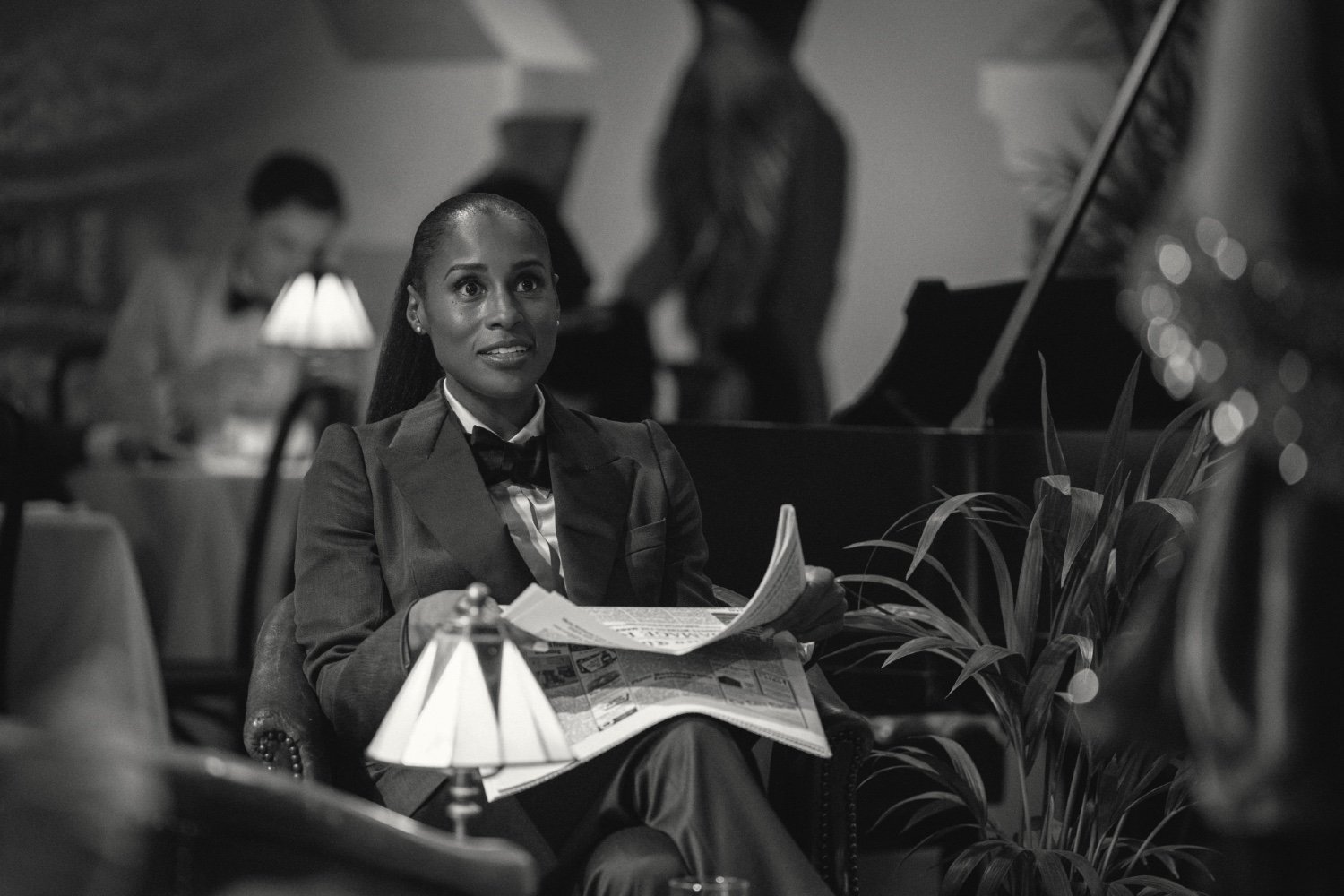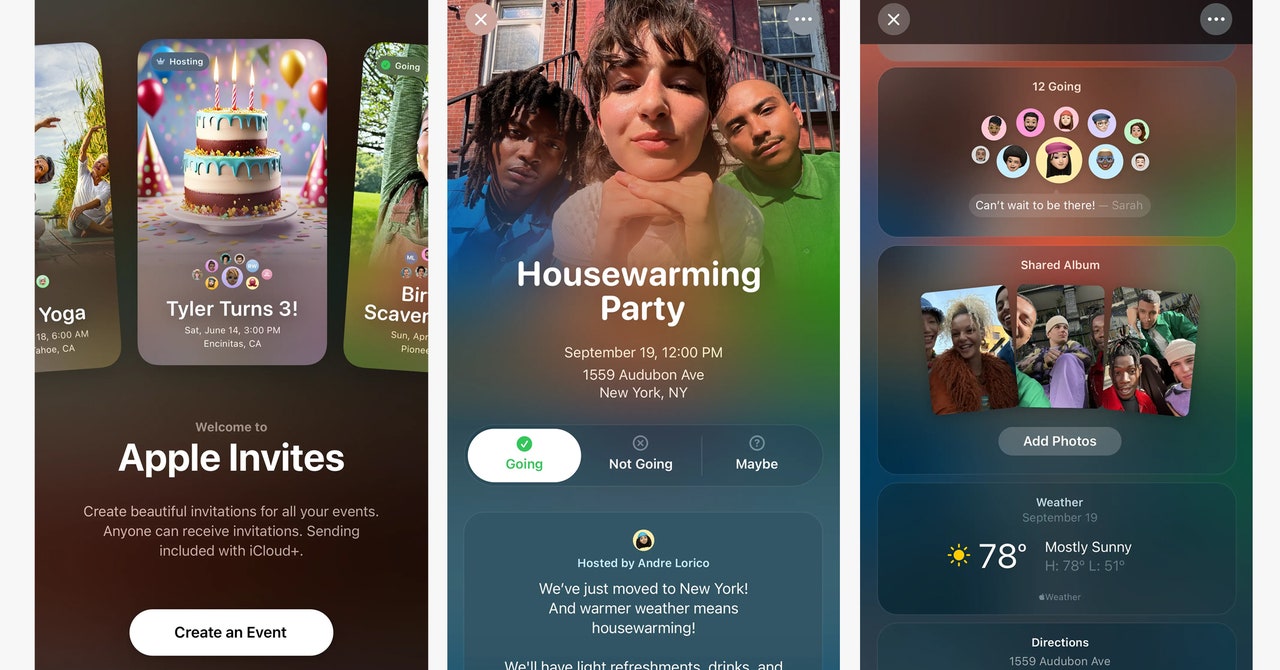Black Mirror dropped its seventh season last week, and while several of the new episodes share themes of love and romance, there are very few happy endings. The one entry that does offer last-act uplift is “Hotel Reverie,” which introduces a Hollywood star (Issa Rae) whose desire for meatier roles leads her into an AI world where she encounters… an entirely different sort of desire.
The episode’s complex tech elements imagine that Rae’s character, Brandy Friday, is inserted into a vintage black-and-white movie—a sort of Casablanca-ish tale titled Hotel Reverie—as a way to “remake” the film with a contemporary star.
Though it’s really just her consciousness that’s linked into the virtual recreation, thanks to cutting-edge AI Brandy’s experiences feel real. The world feels real. And her digitally crafted co-star, Clara (played in Hotel Reverie by tragic starlet Dorothy Chambers, and played in “Hotel Reverie” by Emma Corrin) feels extremely real. Like, “sentient with a soul and capable of falling in love” real.
A new interview in the Hollywood Reporter with episode director Haolu Wang, as well as Rae and Rae’s co-star Awkwafina (who plays the head of the AI start-up behind the Hotel Reverie experiment), digs into the futuristic yet startlingly human emotional territory the episode, penned by Black Mirror creator Charlie Brooker, explores.
“The story is fundamentally about two people finding a genuine connection and themselves in an entirely artificial setting,” Wang explained. “That contrast is really interesting, and it’s very moving because it talks about someone from now and someone from the past, both actors trapped in different ways who otherwise would have never met. They find each other in a similar boat and find themselves being able to be their true selves for the first time with each other, but in a limited place.”
Wang continued. “What the episode discusses, broadly, around AI, is what actors are going through right now, and if this could actually happen to an actor that tried to reenact a role. What’s the psychological, and emotional implication for somebody who has just been used for two hours?”
“The Brandy character in the end wants to keep a certain connection or longing, but that’s entirely limited. The more it feels real that Clara is there, the more we also know that it’s impossible. It gives people that profound feeling of, what if we use that technology on real people, on actors? What would the implication of that be?”
In the end, “Hotel Reverie” comes up with a way for Brandy and Clara to keep in touch, even though Brandy is in the real world and Clara is entirely digital. There’s a little bit of “wait, how would that work exactly?” involved in the twist, but to Wang, “The connection is what matters. That’s what stays with you that will never go away, even though you’ll never quite have your person ever again. The ending is tonally bittersweet, in a way that is not totally tragic. It’s about what kind of feeling you want to leave the audience with and, for this, it’s longing.”
You can watch “Hotel Reverie” and the rest of Black Mirror on Netflix.
Want more io9 news? Check out when to expect the latest Marvel, Star Wars, and Star Trek releases, what’s next for the DC Universe on film and TV, and everything you need to know about the future of Doctor Who.




